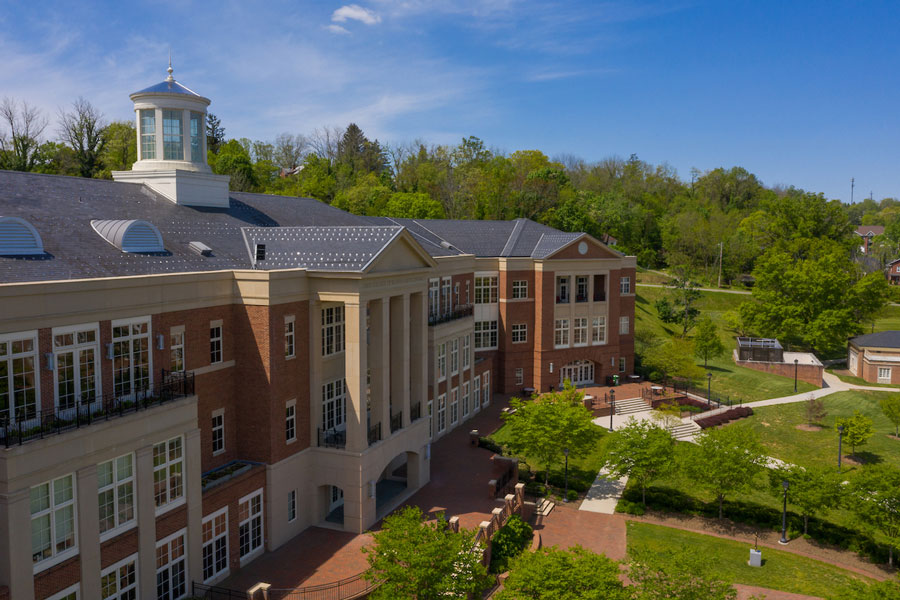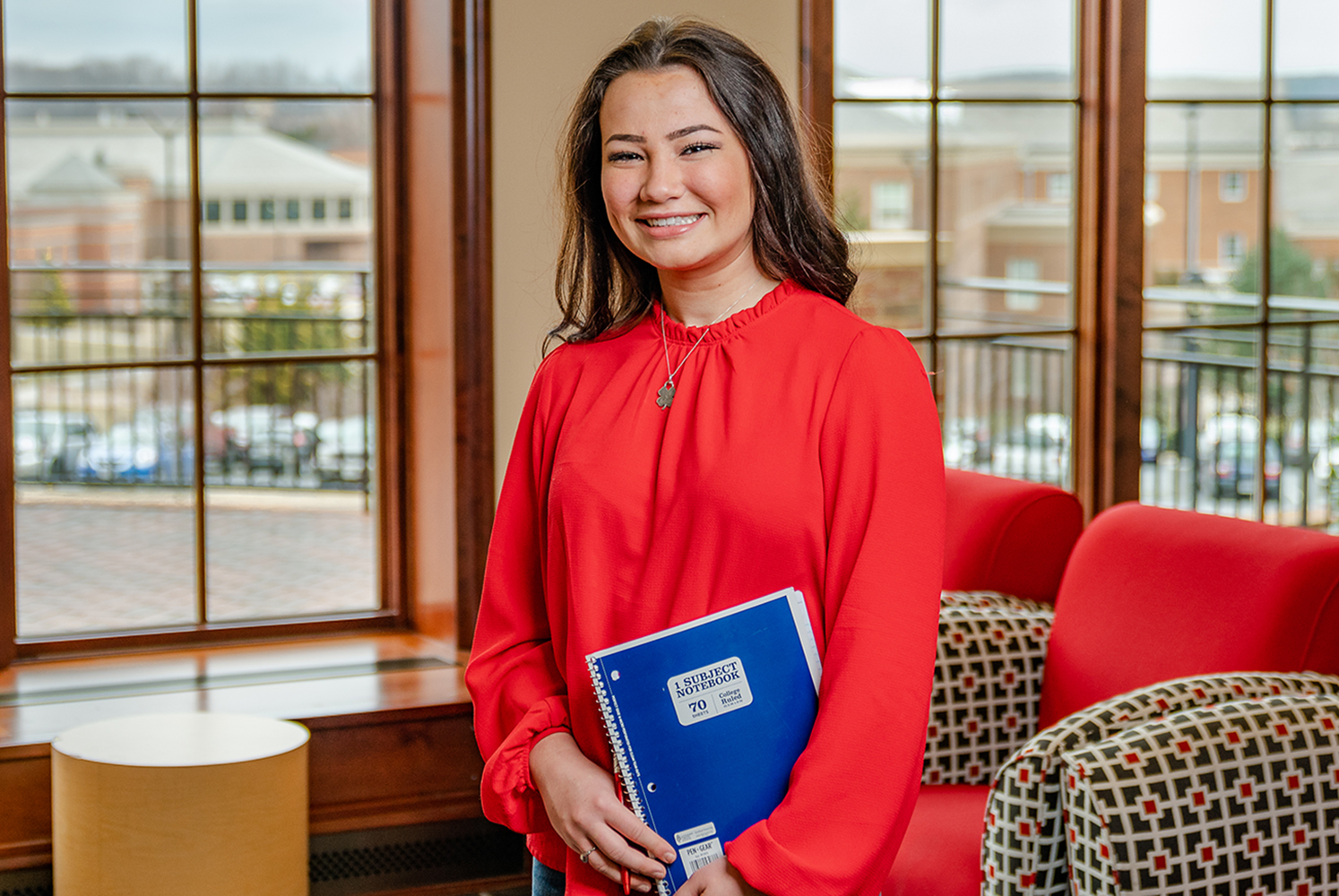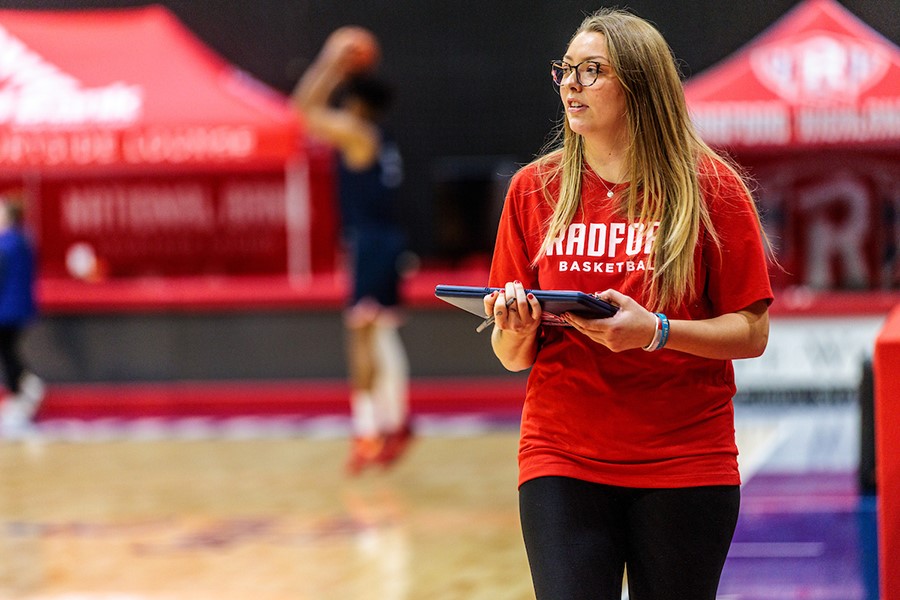Radford University
Davis College of Business and Economics
The Best in Business

Welcome to the Davis College of Business and Economics at Radford University, where innovation meets opportunity and excellence is nurtured. Our college offers a wide range of programs tailored to meet the diverse needs and interests of our students. From undergraduate majors to graduate programs and certificates, we provide a comprehensive education that prepares students for success in today's competitive business world.
Academic Departments
Kyle Hall
Home of the Davis College of Business and Economics
One of the crown jewels of the Davis College of Business and Economics is its striking $44 million, 110,000-square-foot building. Inside, innovative facilities such as auditorium-style classrooms, conference rooms and collaborative spaces foster an environment that encourages teamwork and creativity. The building is fully equipped with the latest educational technology and financial research capabilities, boasting a state-of-the-art "trading room."
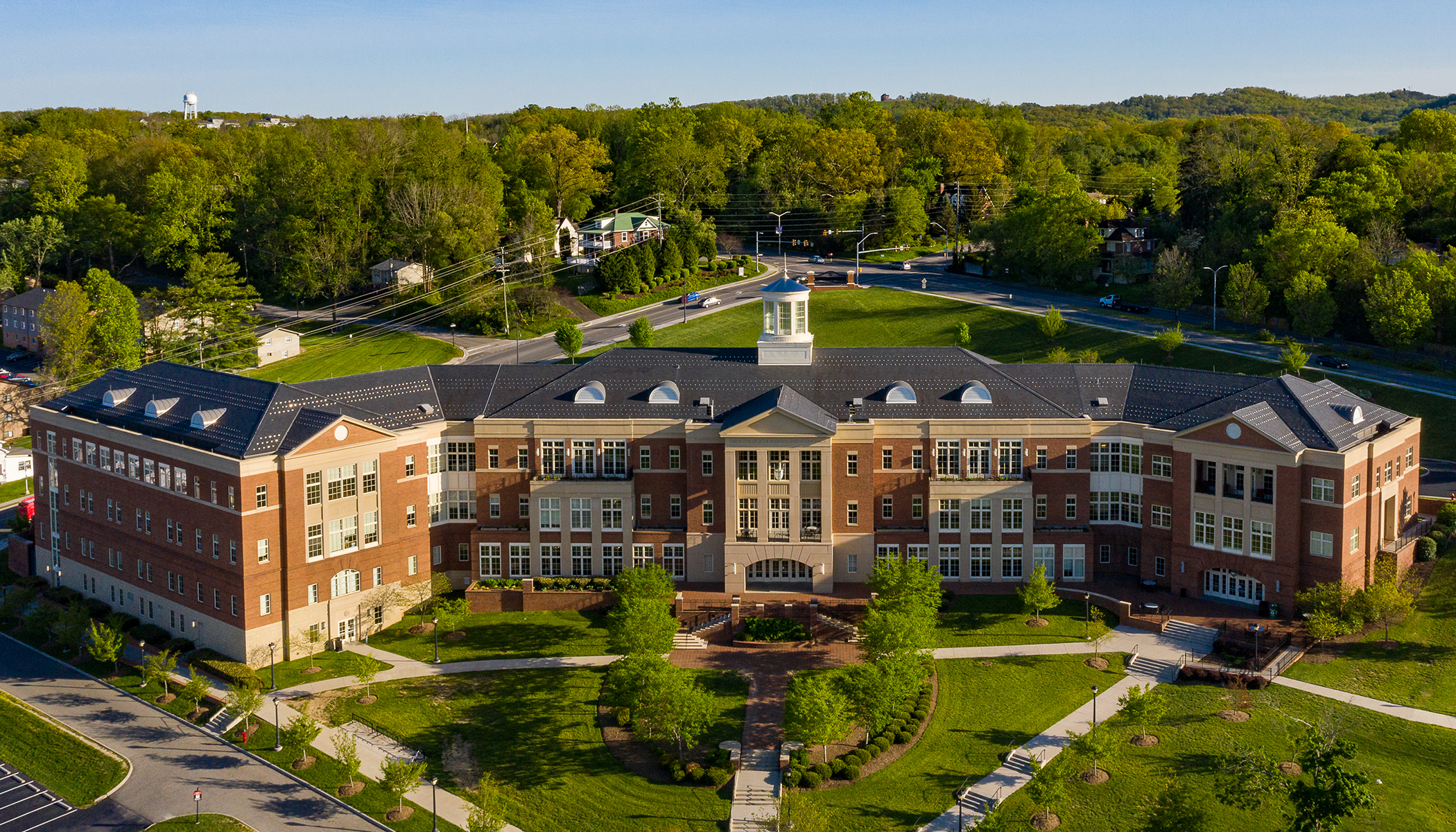

Outreach Centers and Programs
Radford University's Davis College of Business and Economics' outreach centers and programs serve to support business throughout the Commonwealth of Virginia and specifically throughout Western Virginia.
Colleges of Distinction
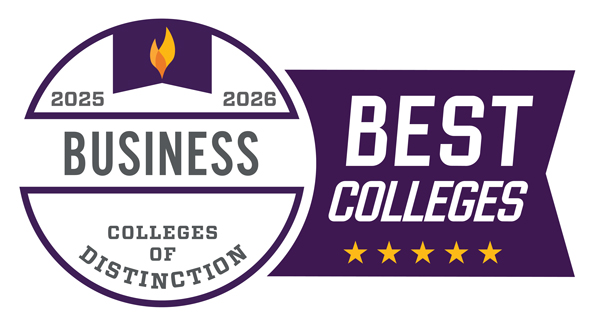
Colleges of Distinction has honored Radford University for its strong undergraduate degree in business. Thanks to a well-rounded curriculum with hands-on experiences, our business students are prepared to enter the workforce with strong leadership skills and the ability to succeed in an ever-evolving society.
Accolades
-
2024 Best Online MBA Program
2024
Best Online MBA Program
U.S. News & World Report
-
2024 Best Value Online MBA
2024
Best Value Online MBA
DiscoverBusiness
-
2023 Best Business Schools
2023
Best Business Schools
The Princeton Review
-
2023 Best Part-Time MBA Programs
2023
Best Part-Time MBA Programs
Fortune
Davis College of Business and Economics News
-
Kaylan Brown’s journey to Radford University wasn’t part of his original plan. In fact, he’ll be the first to tell you that the school wasn’t even on his radar.

-
Academic, campus enhancements and student success among June Board of Visitors meeting topics
June 10, 2025
Radford University’s Board of Visitors approved new programs and measures designed to move the institution forward and received updates on student success initiatives and campus enhancements during the final quarterly meetings of the academic year on Thursday and Friday, June 5-6.
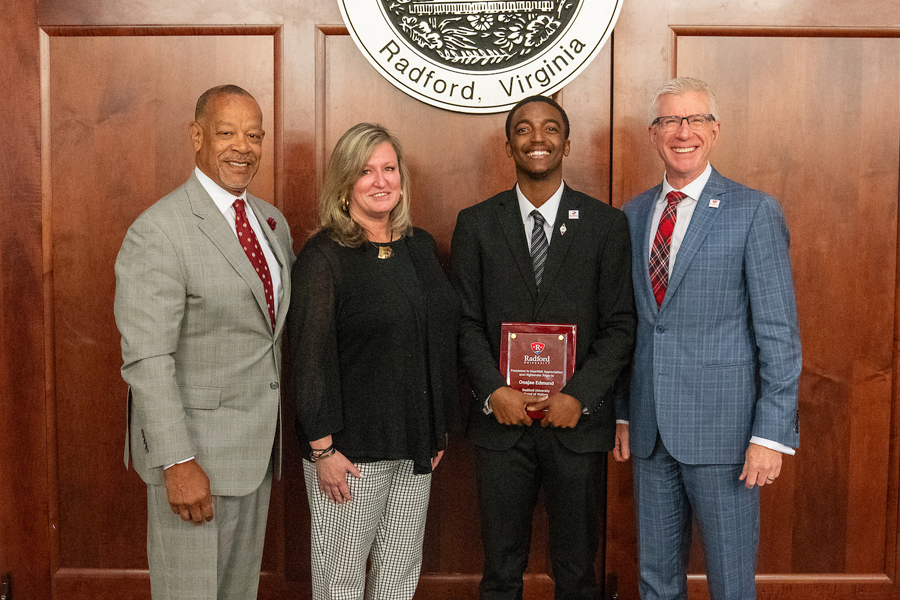
-
Two accounting majors scored a pair of $4,000 scholarships over the winter, while another duo just won $1,750 in funds, and Radford’s chapter of the business student society has recently pulled in an additional $4,000 in contributions from alums and businesses.
